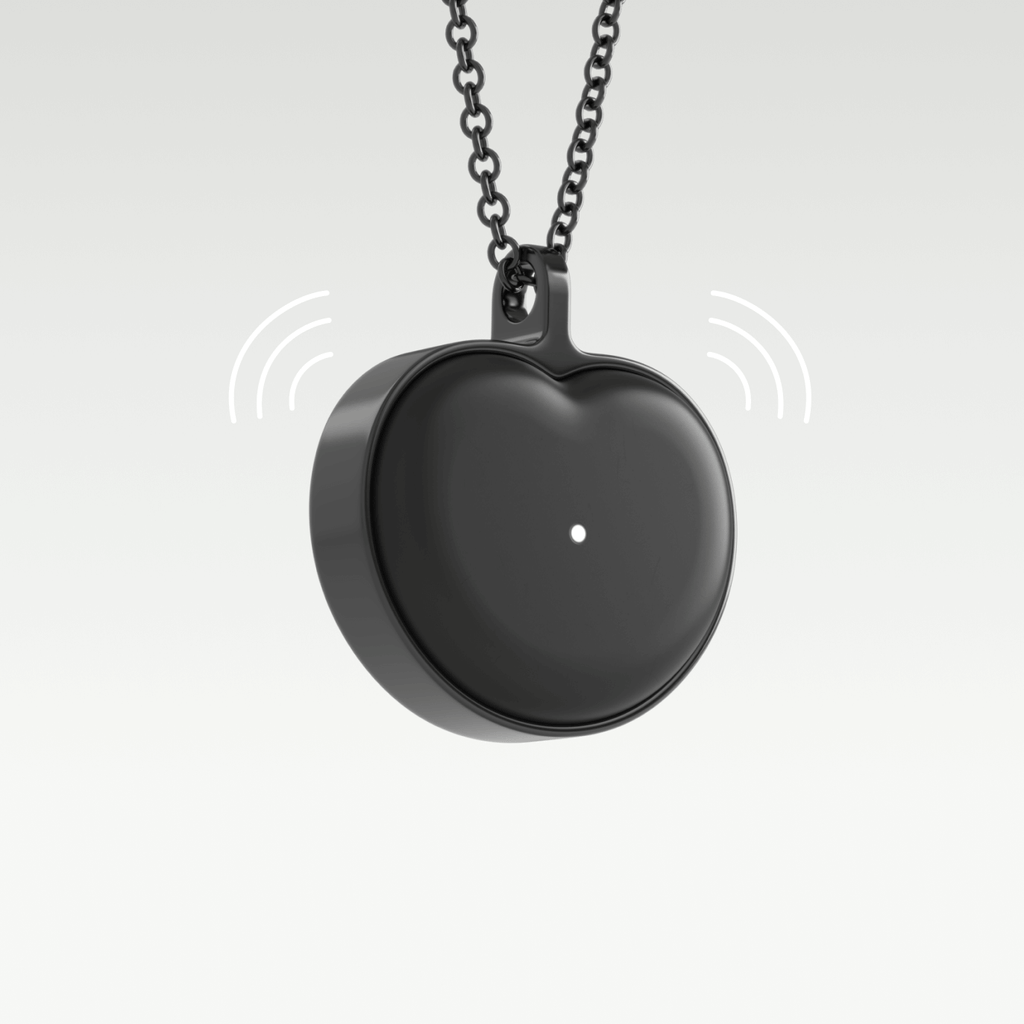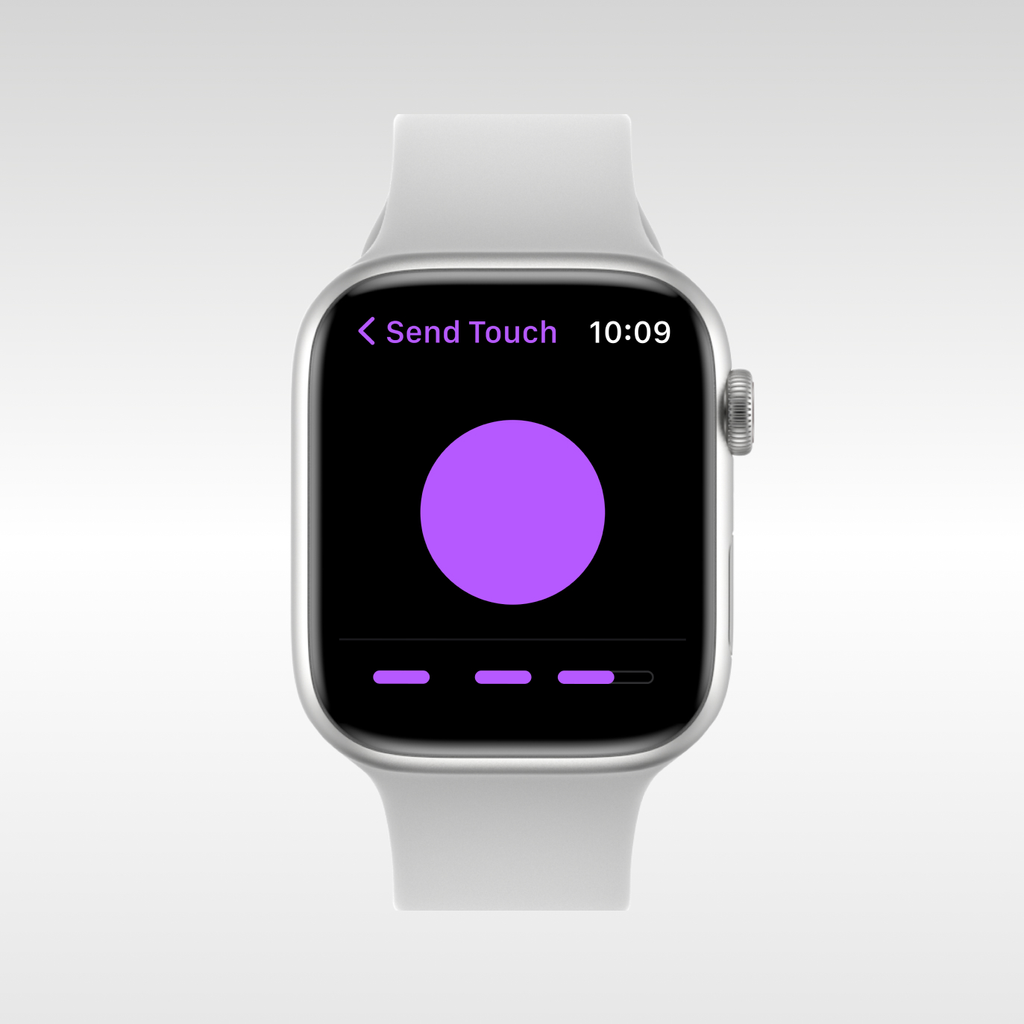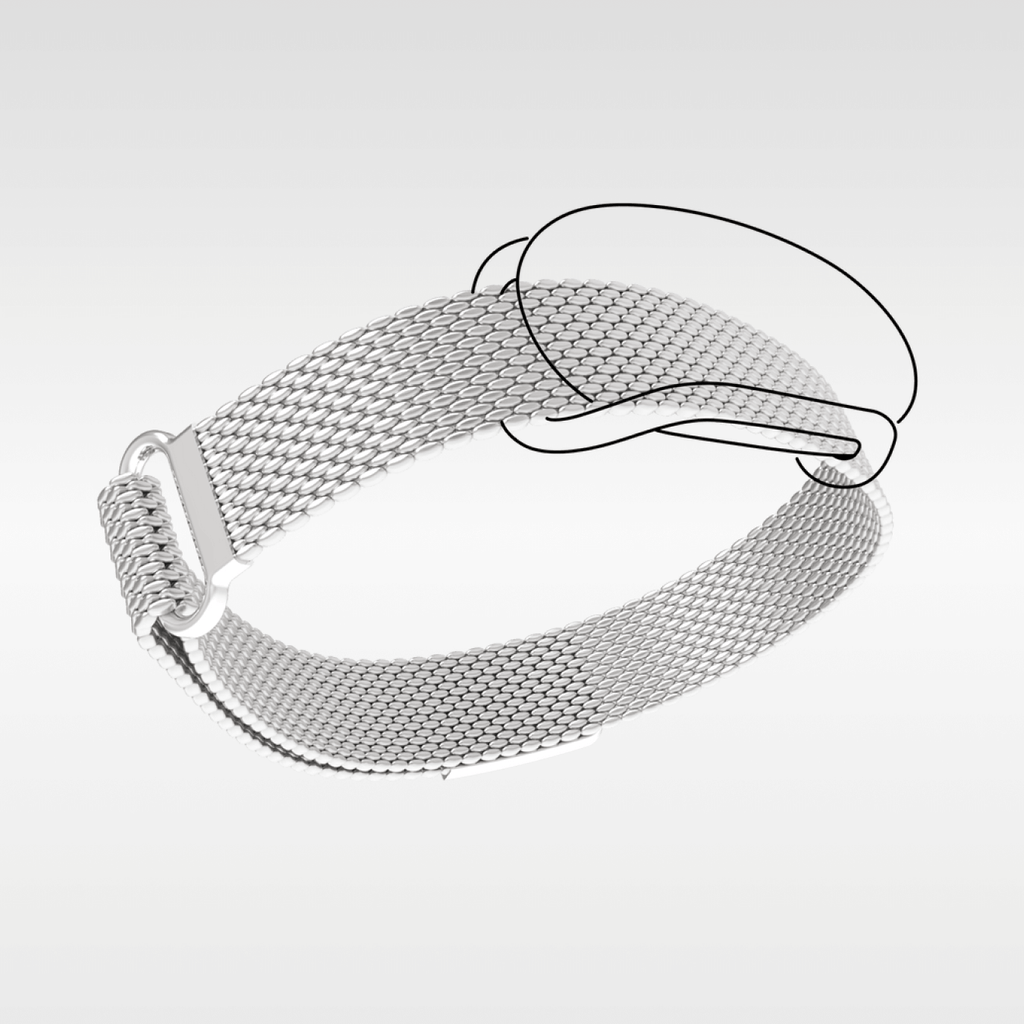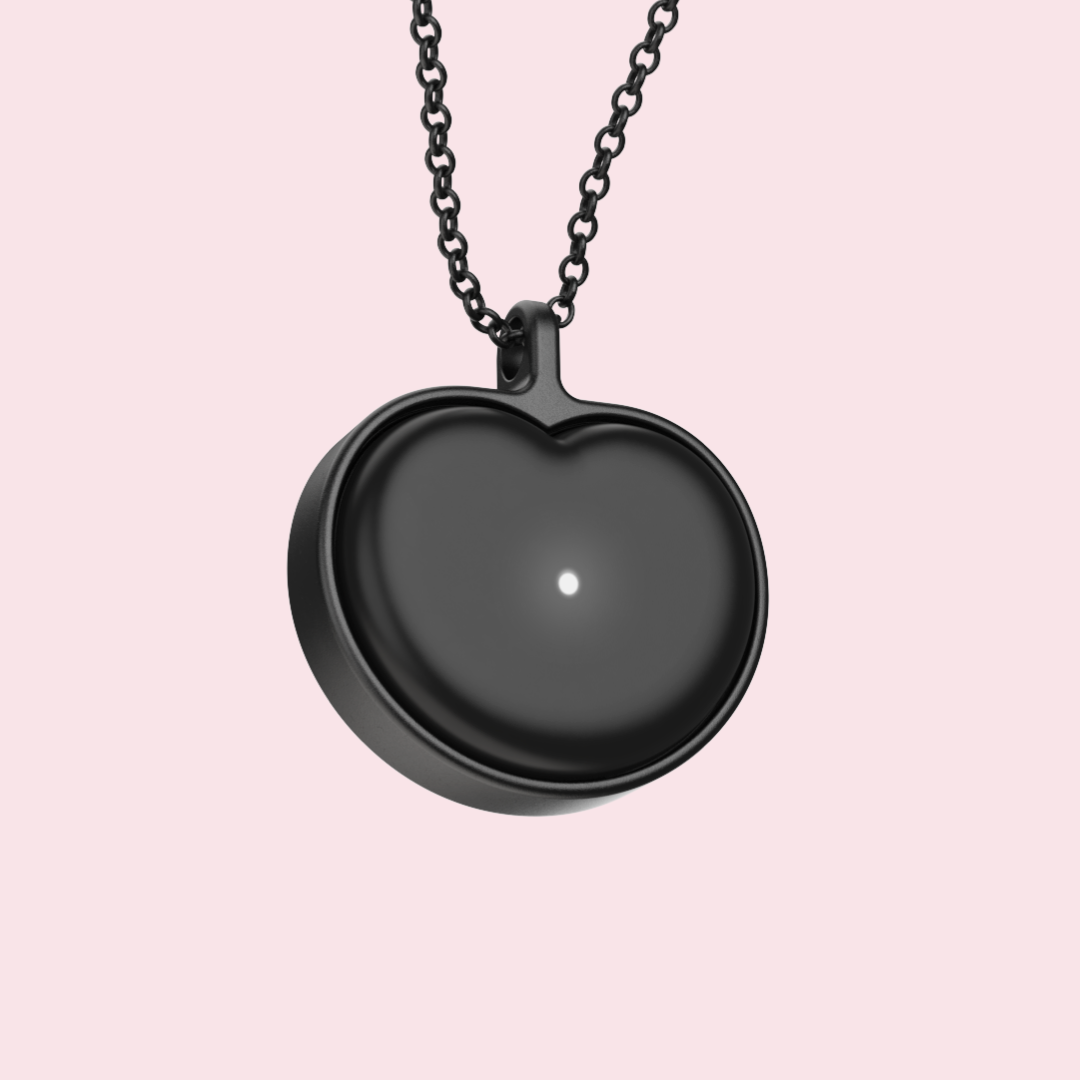By now, you’ve probably heard of love languages and attachment styles. As a dating coach, I’ve seen both of these frameworks' impact on numerous people when it comes to understanding themselves and improving their relationships.
To summarize both: love languages are how people show and receive love. They include words of affirmation, physical touch, acts of service, gift-giving, and quality time.
Attachment styles are how people form bonds
and experience intimacy with other people. The four styles are anxious, avoidant, fearful-avoidant, and secure attachment. Since both theories have taken over the world of relationship advice, you may be wondering which one is more important: your attachment style or love language.
The answer isn’t as black and white as you may hope.
Depending on what you want to improve in your relationship, you’ll prioritize one of these more than the other. So let’s talk about how love languages and attachment styles can play a part in your relationship.
Love languages focus on what’s in the name, the language you use to show love. Obviously, I don’t mean only verbal language– since that’s only one love language– but have you ever stopped to consider how you prefer to show your partner love?
Or, better yet, have you asked your partner how they prefer to receive love? You might be surprised by your partner’s answer.
It’s nothing new for someone in a relationship to feel distant from their partner
but would you be surprised to know that it could be as simple as one partner showing love in a way that’s not recognizable to the other partner? Take me, for example. I love words (no shocker there, since I’m an author). On the other hand, my boyfriend is more of a quality-time kind of guy.
When we first started dating, our different love languages weren’t apparent to us. We had all the feel-good chemicals and beginning-of-dating excitement taking up our focus. As time went on, I started to notice that my boyfriend wasn’t the best at telling me sweet things. Since words are my love language, I felt sad. Without knowing about love languages, that sadness could’ve turned into resentment and left me feeling lonely in our relationship.
But since I knew about love languages, I talked with my boyfriend about ways he could get better at words of affirmation, to which he was receptive. It was also a chance for him to explain his own love language, which helped me notice how my boyfriend shows love that I hadn’t caught before.
To sum up, love languages are like icing on the cake.
Will they save your relationship? Probably not. But can they drastically improve yours? Definitely.
As for attachment styles, those go a lot deeper. How people behave in relationships can be drastically impacted by their attachment style. Our attachment style usually forms when we’re children but can also change due to traumatic relationship experiences.
Attachment styles affect everything from how a person shows love to how they handle conflict. If someone tends to withdraw and needs a lot of space in the relationship, you could probably assume they have an avoidant attachment style. Meanwhile, someone else may need a lot of reassurance and closeness, which would indicate an anxious attachment.
Throwing these two people into a relationship is bound to get messy, though it doesn’t mean it’s hopeless!
By understanding attachment theory, couples can better understand each other
and work on ways to form secure attachments– the blueprint for healthy bonds– and create a stronger foundation for their relationship. Of course, self-awareness and a willingness to grow matter more than anything here. If someone doesn’t acknowledge how they’re hurting the relationship, these theories won’t help much. You can’t force someone to want to change, even if it’s for the better.
But if you and your partner are down to make improvements, then it’s up to you to decide if your attachment style or love language should take up your focus. Circling back to my analogy: if your relationship were a cake, which needs tweaking? The cake part or the frosting? Hey, maybe both need some TLC; that’s okay, too!
Every relationship is different but what matters most is that you want to make a positive change. You can’t really go wrong with whichever route you take.







